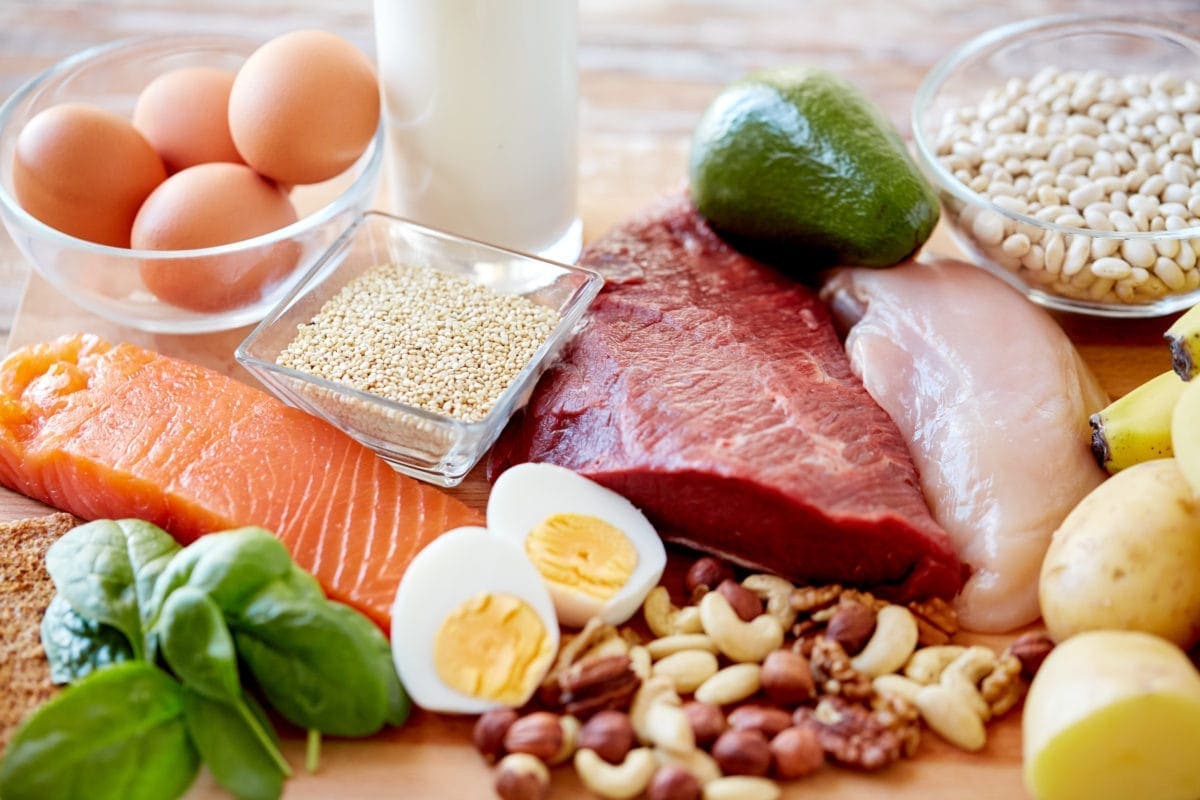health often takes a backseat to convenience, making the concept of Nutrient-Rich Diets more important than ever. These diets focus on consuming foods that provide high levels of vitamins, minerals, and essential nutrients per calorie. Choosing Nutrient-Rich Diets can lead to long-term health improvements, increased energy, and a reduced risk of chronic diseases.

Understanding what makes Nutrient-Rich effective is the first step toward healthier eating habits. With a focus on whole, unprocessed foods, these diets emphasize quality over quantity. This guide will walk you through everything you need to know about Nutrient-Rich and how to make them part of your daily life.
What Are Nutrient-Rich Diets?
Defining Nutrient Density
Nutrient-Rich Diets prioritize foods that are dense in nutrients but low in empty calories. This means focusing on fruits, vegetables, lean proteins, whole grains, and healthy fats. The purpose of Nutrient-Rich is to nourish the body with everything it needs to function optimally.
Unlike fad diets that promote extreme restriction, Nutrient-Rich are sustainable and inclusive. They support a wide variety of foods as long as the nutritional value is high. This balanced approach makes Nutrient-Rich suitable for nearly everyone.
Why Choose Nutrient-Rich Diets?
Benefits for Body and Mind
Choosing Nutrient-Rich Diets can significantly enhance your overall health and vitality. These diets improve immune function, reduce inflammation, and help maintain a healthy weight. Regularly consuming nutrient-dense foods also supports heart health and reduces the risk of diabetes.
Mental clarity and mood are also positively affected by Nutrient-Rich. Nutrients like omega-3 fatty acids, B vitamins, and antioxidants have been linked to brain health. By fueling your body with the right foods, Nutrient-Rich also support emotional well-being.
Key Components of Nutrient-Rich Diets
What to Eat and What to Avoid
Nutrient-Rich Diets are built around whole, minimally processed foods. Leafy greens, berries, legumes, lean meats, and nuts are all staples of this eating pattern. These foods are packed with essential vitamins, minerals, fiber, and phytonutrients.
On the other hand, Nutrient-Rich limit processed foods, added sugars, and unhealthy fats. Items like sugary drinks, refined grains, and packaged snacks offer little nutritional value. Making smart food choices is the core of any successful Nutrient-Rich.
How to Start a Nutrient-Rich Diet
Practical Steps for Daily Eating
Starting with Nutrient-Rich Diets doesn’t have to be overwhelming or complicated. Begin by gradually adding more whole foods into your meals and reducing processed ingredients. Planning your meals ahead of time helps ensure your diet stays nutrient-dense.
Focus on filling half your plate with fruits and vegetables, and the rest with protein and whole grains. Drinking plenty of water and limiting sugary drinks also supports your progress. Remember, consistency is key when transitioning to Nutrient-Rich.
Common Myths About Nutrient-Rich Diets
Debunking Misconceptions
Many people believe that Nutrient-Rich Diets are expensive or difficult to maintain. However, smart shopping and meal prep can make this lifestyle both affordable and manageable. Buying seasonal produce and whole grains in bulk can save money.
Another myth is that Nutrient-Rich are boring or lack variety. In fact, these diets encourage exploration of diverse and colorful ingredients. From international dishes to creative salads, Nutrient-Rich can be both delicious and exciting.
Maintaining Long-Term Success
Building Sustainable Habits
For Nutrient-Rich to work long-term, they must fit into your lifestyle in a realistic way. This means developing habits that support healthy choices, even during busy times. Small changes, like cooking at home and avoiding late-night snacking, can make a big difference.
Tracking your meals and progress can help reinforce your commitment to Nutrient-Rich. Surrounding yourself with supportive people or communities also boosts accountability. Long-term success comes from treating Nutrient-Rich as a way of life, not a temporary fix.
Nutrient-Rich Diets for Specific Needs
Tailoring Diets to Your Goals
Nutrient-Rich can be adjusted to support specific health goals, such as weight loss, muscle gain, or managing medical conditions. For example, increasing protein and fiber intake can promote satiety and help with weight control. People with diabetes may focus on low-glycemic fruits and whole grains.
Athletes and active individuals can use Nutrient-Rich to enhance performance and recovery. Nutrient-dense meals support muscle repair and energy levels. With proper guidance, Nutrient-Rich can meet nearly any nutritional requirement.
Conclusion
Nutrient-Rich Diets are a powerful tool for achieving better health and well-being. By focusing on whole, unprocessed foods packed with essential nutrients, you can fuel your body more effectively. Whether your goal is to improve energy, lose weight, or simply feel better, Nutrient-Rich offer a sustainable path forward.
Making the switch to Nutrient-Rich requires commitment and awareness, but the rewards are well worth the effort. Start small, stay consistent, and enjoy the benefits of a healthier lifestyle. In the end, everything you need to know about Nutrient-Rich begins with one simple step: choosing better food.
